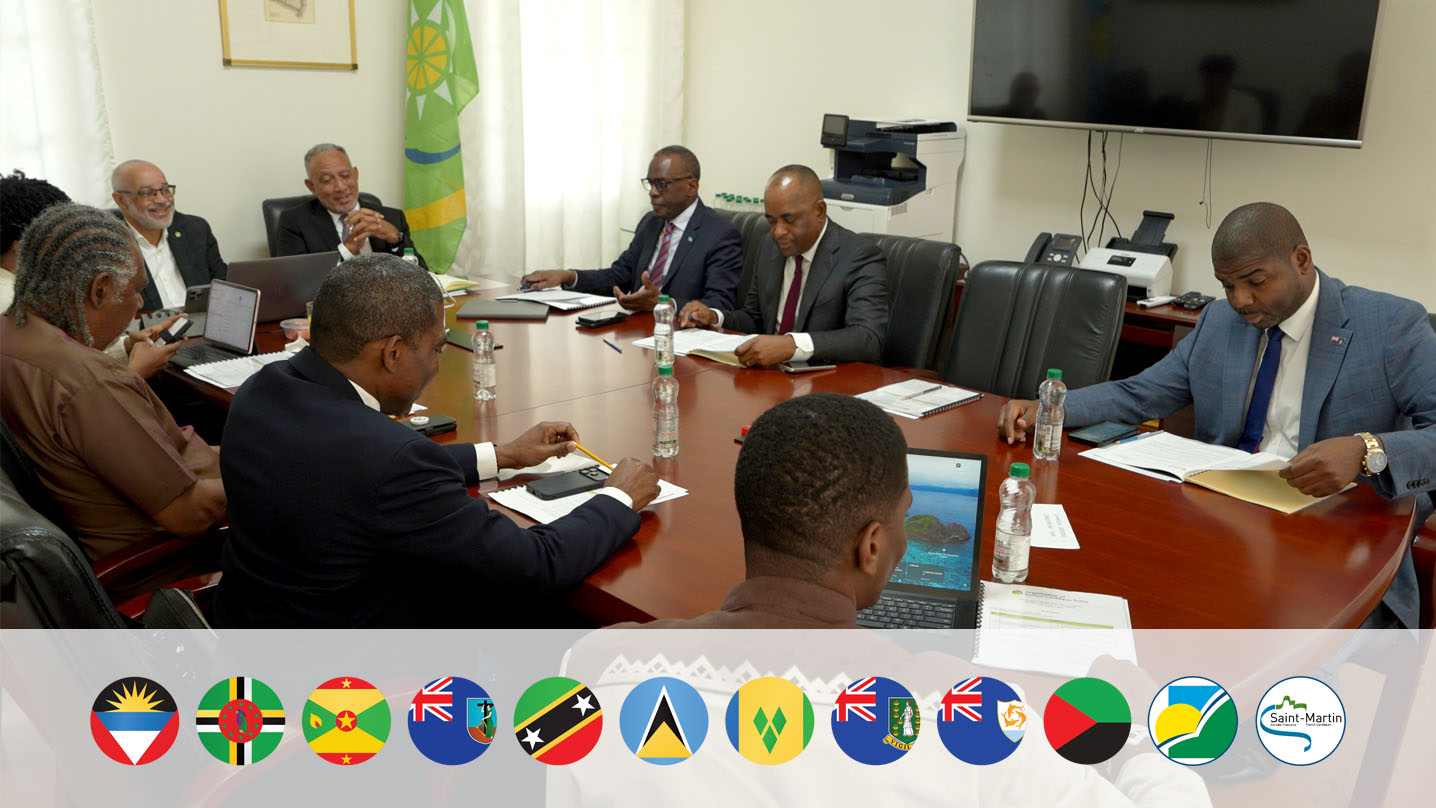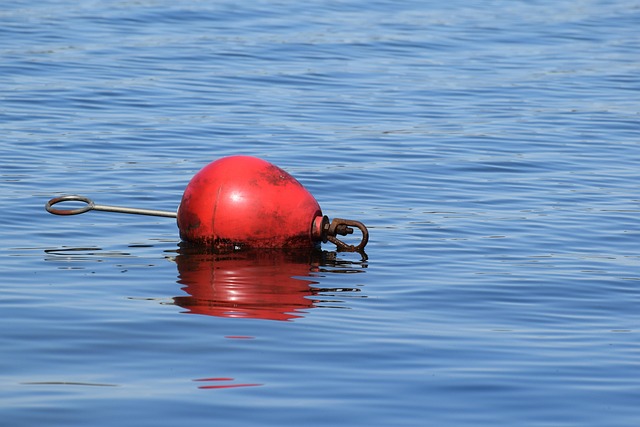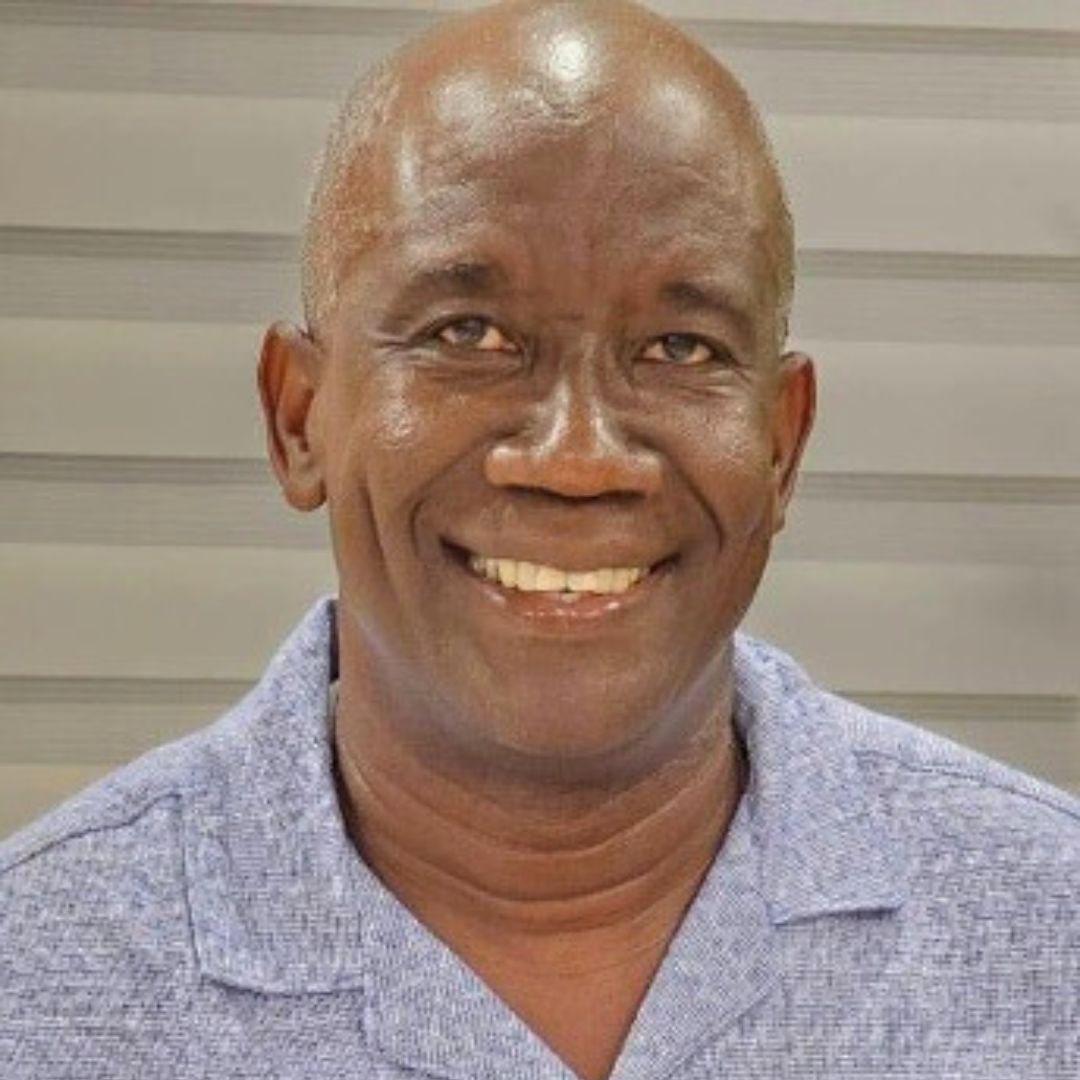The Grenadian government has formally initiated its ambitious Solar for All Programme through the Ministry of Climate Resilience, the Environment and Renewable Energy (MCRERE). This national program represents a strategic effort to democratize access to affordable, reliable, and clean energy solutions, with particular emphasis on supporting vulnerable households and small-scale agro-processors currently experiencing energy insecurity.
The ministry has issued a comprehensive Request for Expressions of Interest (EOI) targeting professionally established solar photovoltaic installation companies. This solicitation aims to create a pre-qualified roster of competent firms that may subsequently be invited to submit detailed proposals or competitive quotations for specific installation projects under the program’s framework.
Successful contractors will be responsible for delivering end-to-end solar solutions, including comprehensive site assessments, customized system design, and complete installation services. The technical scope encompasses grid-tied, off-grid, and hybrid solar PV systems within the 1kWp to 6kWp capacity range. Additional responsibilities include executing all necessary electrical works, installing mounting structures, and ensuring full system commissioning. Contractors must coordinate with Grenlec (Grenada Electricity Services) and the Public Utilities Regulatory Commission for necessary inspections and grid interconnection procedures where applicable.
The eligibility criteria establish rigorous standards for prospective applicants. Companies must maintain legal registration in Grenada, possess valid National Insurance Scheme certification, and demonstrate verifiable experience in solar PV installations over the past five years. Additional requirements include employing adequately trained and certified technical personnel, maintaining comprehensive liability insurance coverage, and exhibiting familiarity with local regulatory requirements for permits and interconnections.
Interested firms must submit concise Expressions of Interest through the government’s E-Procurement portal before the strict deadline of 4:00 PM on Friday, January 30. The submission package, not exceeding 15 pages excluding annexes, should comprehensively address the company’s profile, relevant experience, technical capabilities, and organizational capacity. The government explicitly reserves the right to accept or reject any submissions, annul the process, or modify the program scope without incurring liability.
This initiative marks a significant advancement in Grenada’s renewable energy transition, potentially establishing a new benchmark for sustainable energy access in the Eastern Caribbean region.









